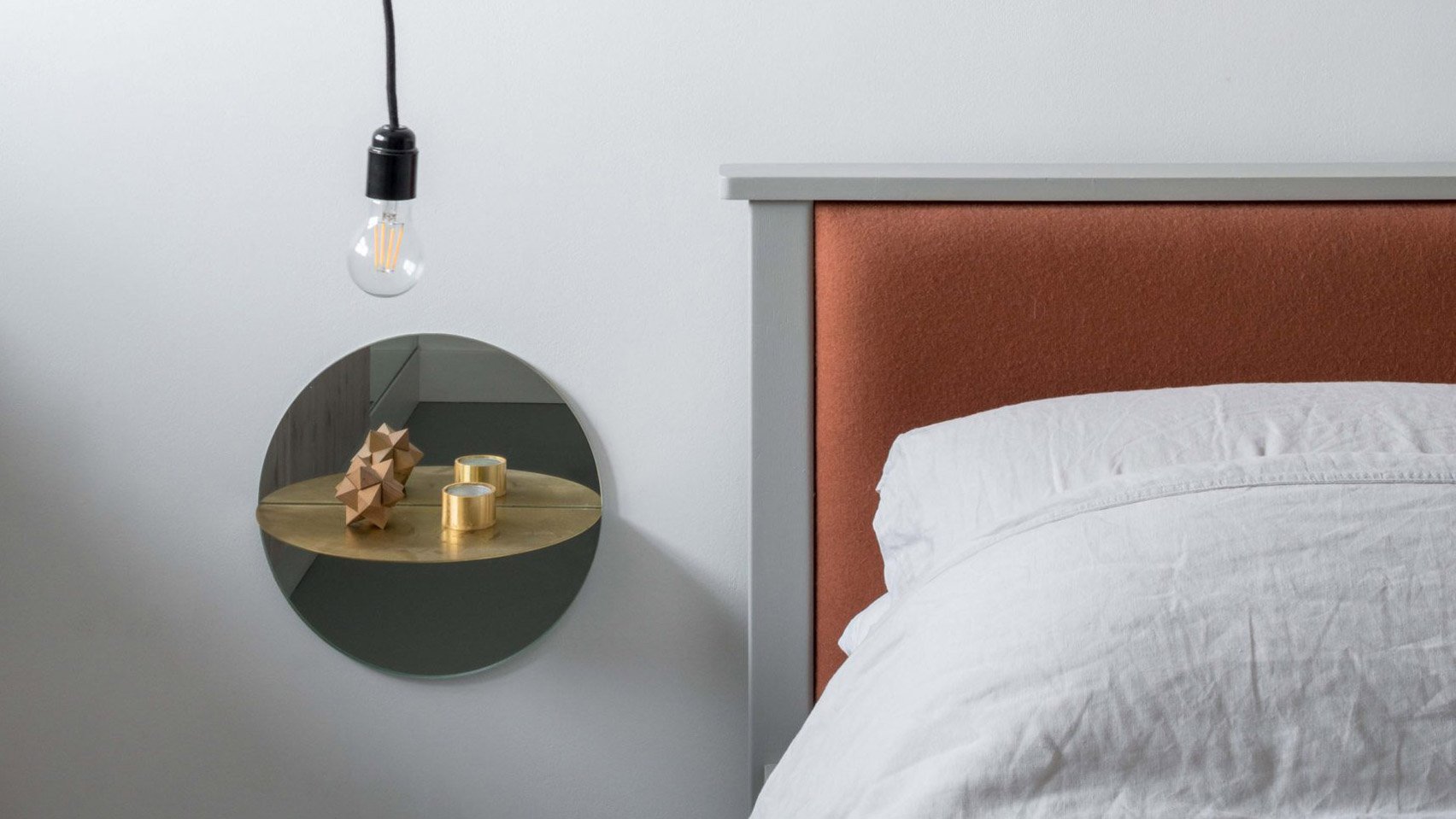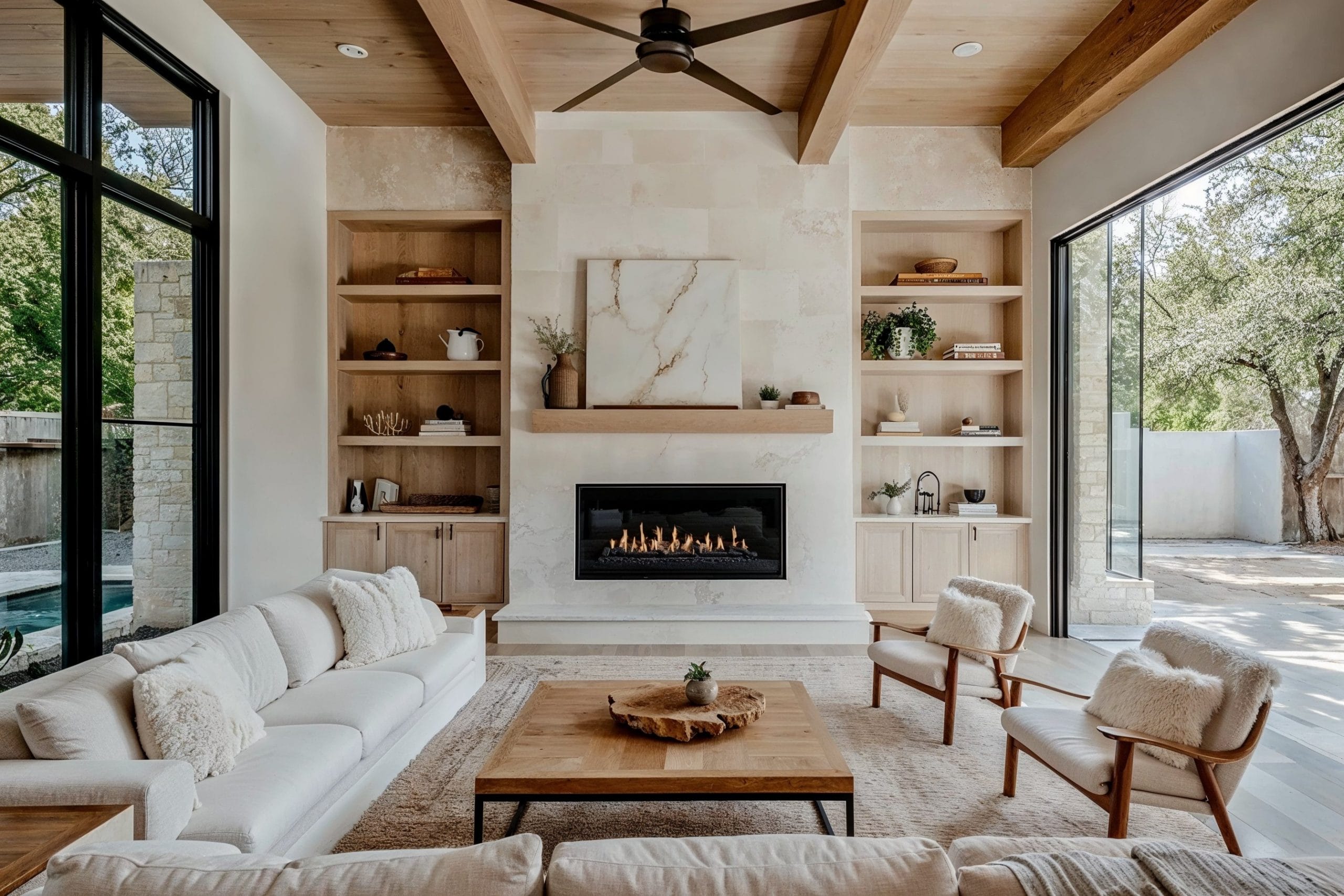We carefully choose products we believe you’ll love. If you make a purchase through one of our links, we may earn a commission, at no extra cost to you.
In today’s fast-paced world, our homes should be sanctuaries that provide solace and rejuvenation. Yet, too often, they become sources of stress rather than relief. It’s essential to transform your living space into a haven that alleviates anxiety and promotes well-being. Here are some practical steps to make your home a stress-free zone.
Declutter and Organize

One of the most effective ways to reduce stress is by decluttering your home. Research from Princeton University found that physical clutter in your surroundings competes for your attention, resulting in decreased performance and increased stress . Start by tackling one room at a time, sorting items into categories: keep, donate, and discard. Invest in storage solutions that help you maintain an organized space. Remember, a tidy home often leads to a tidy mind.
I used to struggle with piles of papers and random items strewn across my living room. After dedicating a weekend to decluttering and organizing, I felt an immediate sense of relief. Now, I maintain a clutter-free space, and it’s made a significant difference in my stress levels.
Create Comfort Zones

Designate areas in your home for relaxation and activities you enjoy. Whether it’s a reading nook with a comfy chair and good lighting or a meditation corner with soft pillows and calming scents, having dedicated spaces for downtime can significantly reduce stress levels. According to the Mayo Clinic, creating a calming environment can help manage stress more effectively .
My favorite spot in my home is a small reading nook by the window. It’s a place where I can escape with a good book and a cappucino, and it’s become my go-to spot for unwinding after a hectic day.
Incorporate Nature

Bringing elements of nature into your home can have a profound calming effect. Houseplants, flowers, and natural light can improve air quality and enhance your mood. Studies have shown that interacting with indoor plants can reduce psychological and physiological stress . If you have outdoor space, consider creating a small garden or a serene patio area where you can unwind.
I added a few houseplants to my living room and was surprised by how much they improved the ambiance. Not only do they add a touch of greenery, but they also make the air feel fresher and my mood brighter.
Use Soothing Colors

Colors have a powerful impact on our emotions. Opt for a color palette that promotes calm and relaxation. Soft blues, greens, and neutrals can create a tranquil atmosphere. You don’t need to repaint your entire house; even small changes like new throw pillows, blankets, or artwork can make a big difference.
Personalize Your Space

Your home should reflect your personality and preferences. Surround yourself with things that make you happy and bring back positive memories. Photographs, souvenirs from travels, and cherished mementos can provide comfort and a sense of belonging. Experts suggest that personalizing your space can increase feelings of well-being and reduce stress .
I have a wall of photos from my travels, and every time I look at it, I’m reminded of those happy moments. It’s a simple but effective way to bring joy into my daily life.
Prioritize Comfort

Invest in furniture and bedding that offer comfort and support. A good night’s sleep is crucial for managing stress, so ensure your bedroom is conducive to rest. Comfortable seating in your living areas can also encourage relaxation and leisure.
Sleep Like a Baby with These Bedroom Design Tips
Establish a Routine
Having a routine can bring a sense of order and predictability to your home life. Simple habits like making your bed each morning, having set meal times, and dedicating time for relaxation can create a stable environment that reduces stress.
Introduce Calming Scents
Aromatherapy can significantly impact your stress levels. Essential oils like lavender, chamomile, and eucalyptus are known for their calming properties. Use diffusers, candles, or fresh flowers to introduce these scents into your home.
Every evening, I diffuse lavender essential oil in my bedroom. The calming scent helps me unwind and prepare for a restful night’s sleep.
How To Make Your Home Smell Like A Spa
Digital Detox
In our digital age, it’s easy to become overwhelmed by constant connectivity. Designate tech-free zones or times in your home to disconnect and unwind. Reading a book, practicing mindfulness, or simply enjoying quiet time without screens can help reduce stress.
Is it OK to Have a Television in the Bedroom?
Regular Maintenance
A well-maintained home is less likely to cause stress. Regular cleaning, timely repairs, and seasonal maintenance can prevent small issues from becoming significant problems. Create a checklist to stay on top of household chores and maintenance tasks.
Seek Professional Help
If the thought of transforming your home into a stress-free environment feels overwhelming, consider seeking professional help. Interior designers, professional organizers, and even therapists can provide valuable insights and assistance.
Conclusion
Your home should be your refuge, a place where you can escape the pressures of the outside world and find peace. By making intentional changes to create a calming and organized environment, you can turn your home into an antidote to stress. Remember, a serene home is not about perfection; it’s about creating a space that feels comfortable, safe, and reflective of your unique personality and needs.
Take the time to evaluate your living space and make the necessary adjustments. Your mind and body will thank you.











